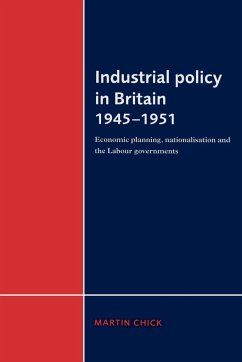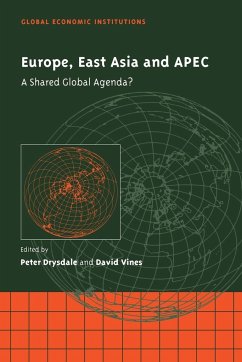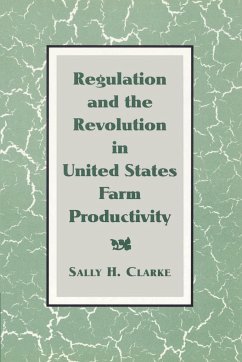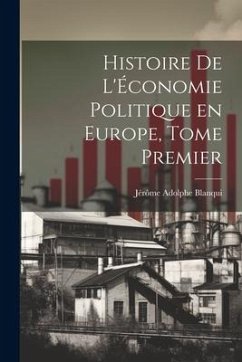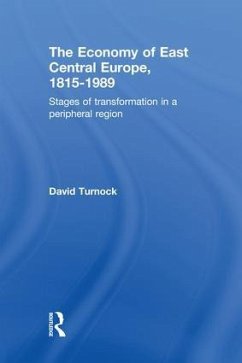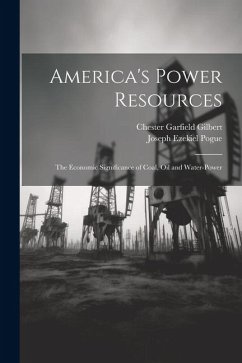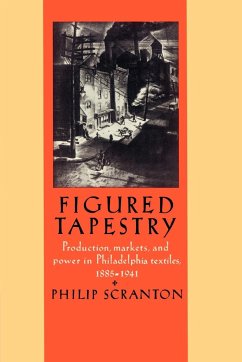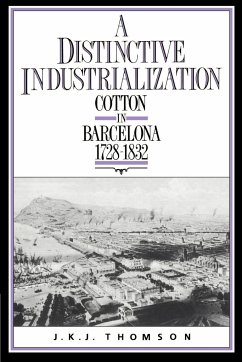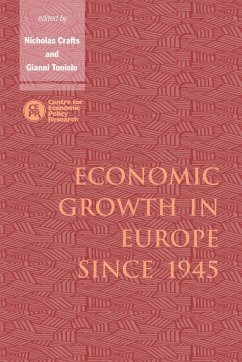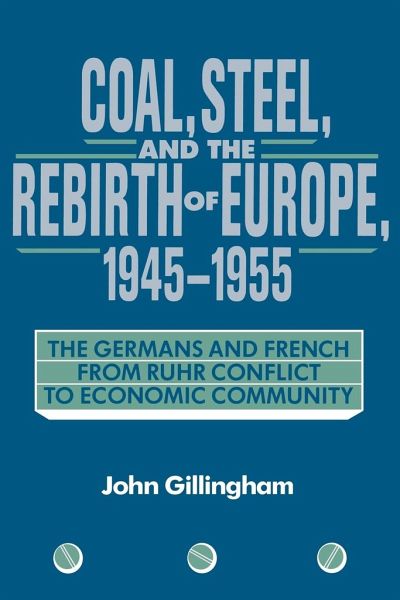
Coal, Steel, and the Rebirth of Europe, 1945 1955
The Germans and French from Ruhr Conflict to Economic Community

PAYBACK Punkte
24 °P sammeln!
A large-scale historical investigation of the critical first stage of European integration.This is the first large-scale historical investigation of the critical first stage of European integration, the creation of the European Coal and Steel Community (ECSC). John Gillingham discusses the thirty year Franco-German struggle for heavy industry mastery in Western Europe, describes the dreams and schemes of Jean Monnet, who designed the heavy industry pool, reveals the American vision that inspired his work, and discloses how his transatlantic partners used their great authority to assure its com...
A large-scale historical investigation of the critical first stage of European integration.
This is the first large-scale historical investigation of the critical first stage of European integration, the creation of the European Coal and Steel Community (ECSC). John Gillingham discusses the thirty year Franco-German struggle for heavy industry mastery in Western Europe, describes the dreams and schemes of Jean Monnet, who designed the heavy industry pool, reveals the American vision that inspired his work, and discloses how his transatlantic partners used their great authority to assure its completion. Gillingham also lays bare the operating mechanisms of the coal-steel pool, showing that contrary to the hopes of Monnet and his supporters, the ECSC restored rather than reformed the European economy, leaving as a legacy not a detrustified industry, but one still dominated by the giant producers of the Ruhr.
Table of content:
1. Mending a broken world: coal and steel diplomacy between the wars; 2. The greater and lesser wars; 3. From Morgenthau plan to Schuman plan: the allies and the Ruhr, 1944-1950; 4. Neither restoration nor reform: the dark ages of German heavy industry; 5. The end of the war against Germany: the coal-steel pool as treaty settlement; 6. The success of a failure: the European Coal and Steel Community in action, 1952-1955; Conclusion.
This is the first large-scale historical investigation of the critical first stage of European integration, the creation of the European Coal and Steel Community (ECSC). John Gillingham discusses the thirty year Franco-German struggle for heavy industry mastery in Western Europe, describes the dreams and schemes of Jean Monnet, who designed the heavy industry pool, reveals the American vision that inspired his work, and discloses how his transatlantic partners used their great authority to assure its completion. Gillingham also lays bare the operating mechanisms of the coal-steel pool, showing that contrary to the hopes of Monnet and his supporters, the ECSC restored rather than reformed the European economy, leaving as a legacy not a detrustified industry, but one still dominated by the giant producers of the Ruhr.
Table of content:
1. Mending a broken world: coal and steel diplomacy between the wars; 2. The greater and lesser wars; 3. From Morgenthau plan to Schuman plan: the allies and the Ruhr, 1944-1950; 4. Neither restoration nor reform: the dark ages of German heavy industry; 5. The end of the war against Germany: the coal-steel pool as treaty settlement; 6. The success of a failure: the European Coal and Steel Community in action, 1952-1955; Conclusion.






